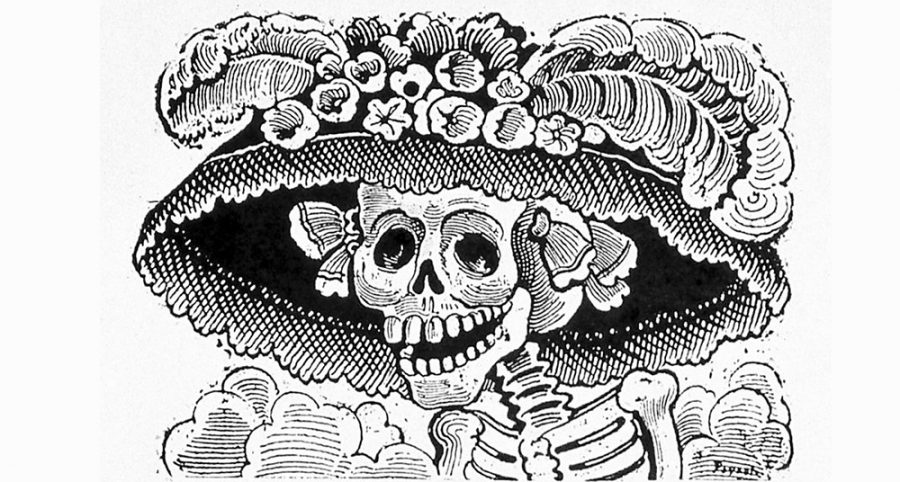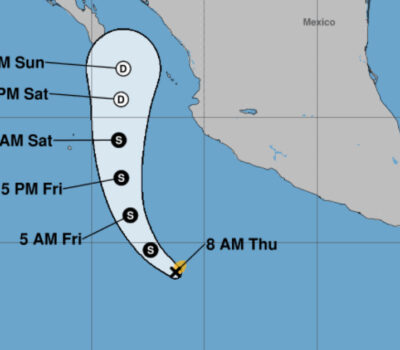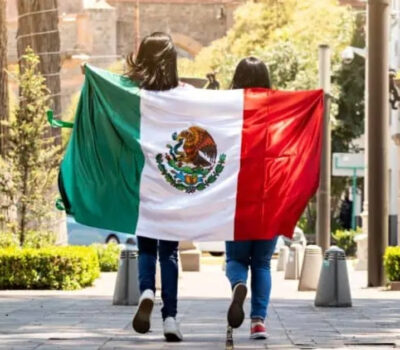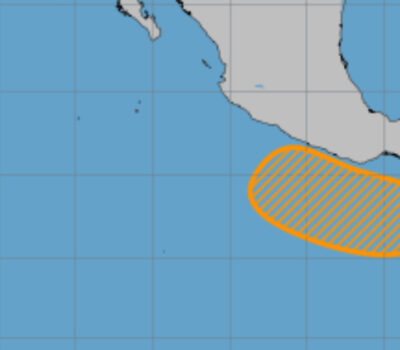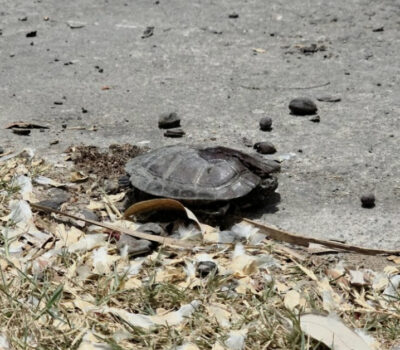In Mexico, the relationship with death is demonstrated in a cluster of traditions, rituals, behaviors, and moods. Death is feared but loved, it is respected but with humor, it coexists with us daily – it does not matter if it is through jokes, prayers, sayings, offerings or literary creations.
Regarding the Day of the Dead , the epicentric date of Mexican coexistence with death, Octavio Paz describes, with the usual purpose that characterizes him, part of the essence of this relationship:
“[…] our popular representations are always a mockery of life, affirmation of the nonsense and insignificance of human existence. We decorate our houses with skulls, we eat the day of the dead bread that pretend to be bones and we enjoy songs and jokes in which death laughs, but all that boastful familiarity does not excuse us from the question we all ask ourselves: what is death? We have not invented a new answer. And every time we ask, we shrug our shoulders: what do I care about death, if I do not care about life?”
As part of this mortifying nihilism that we sustain with the end of life, and that we pay with the most vivid traditions, the semantic ingredient, that is, the way in which we refer to death is a fundamental aspect. So we share a compilation with a hundred words and phrases in Spanish that are popularly used, some more often than others, to call death in Mexico:
Doña dientona
Doña flaca
Doña huesos
Doña osamenta
La afanadora
La amada inmóvil
La apestosa
La bien amada
La blanca
La cabezona
La calaca
La calavera
La calva
La canaca
La canica
La cargona
La catrina
La chicharrona
La chifosca
La china hilaria
La chingada
La chinita
La chiripa
La chirrifusca
La chupona
La cierta
La coatlicue
La comadre
La copetona
La cruel
La cuatacha
La curamada
La dama de la guadaña
La dama del velo
La democrática
La descarnada
La desdentada
La dientona
La elegante
La enlutada
La espirituosa
La estirona
La flaca
La fregada
La fría
La grulla
La güera
La hilacha
La hora de la hora
La hora de la verdad
La hora suprema
La hueca
La huesos
La huesuda
La igualadora
La impía
La indeseada
La jala parejo
La jedionda
La jodida
La jujurría
La justiciera
La liberadora
La madre matiana
La malquerida
La más pareja
La matadora
La mocha
La mostra
La niña blanca
La pálida
La parca
La patas de catre
La patas de hule
La patrona
La pelada
La pelleja
La pepenadora
La peveada
La polveada
La que no pregunta
La rasera
La raya
La seria
La siriquiasca
La tembeleque
La tía de las muchachas
La tía quitería
La tiesa
La tilinga
La tiznada
La tostada
La trompada
La veleidosa
La zapatona
Las patas de hilo
María Guadaña
Patas de catre
Patas de ixtle
Patas de popote
In Mexico, the relationship with death is demonstrated in a cluster of traditions, rituals, behaviors, and moods. Death is feared but loved, it is respected . . .

